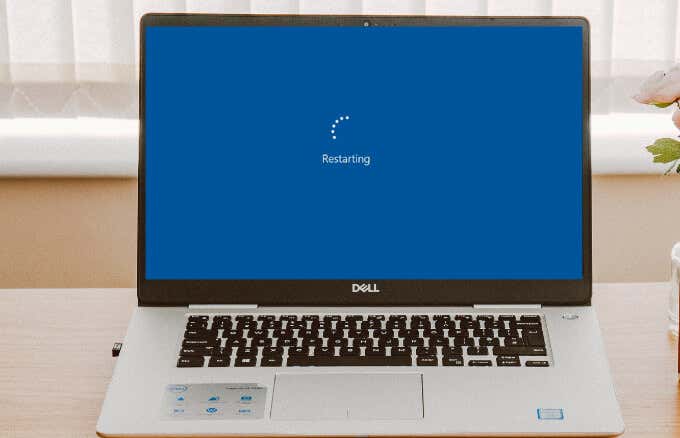
Are you experiencing sudden reboots and PC hangs when playing games or performing tasks that put your PC under heavy load? This can be a frustrating issue to deal with, but there are steps you can take to diagnose and fix the problem.
Step 1: Check Your Temperatures
When your PC is under load, it generates a lot of heat. If your cooling system isn't keeping up with the demand, your PC may overheat and shut down to prevent damage. Use a temperature monitoring tool to check your CPU and GPU temperatures while under load. If either is consistently exceeding safe levels (usually above 80°C), you may need to adjust your cooling system or consider upgrading it. You can use software such as HWMonitor, Core Temp, or SpeedFan to monitor your CPU and GPU temperatures.
Step 2: Check Your Power Supply
A failing or inadequate power supply can also cause your PC to shut down under load. Make sure your power supply is sufficient for your components and that all connections are secure. If you've recently upgraded your GPU or added other components, your power supply may no longer be sufficient. Consider upgrading to a higher wattage power supply to ensure stable power delivery. You can use software such as HWiNFO or AIDA64 to monitor your power supply's voltage and current. However, it's important to note that software readings may not always be accurate, and it's best to visually inspect your power supply and check for any loose connections or signs of damage.
Step 3: Check for Driver Issues
Make sure all your drivers are up to date, including your graphics card drivers. You can use a tool like DDU (Display Driver Uninstaller) to completely remove old drivers before installing new ones. In some cases, driver conflicts or outdated drivers can cause instability under load. You can use tools such as DDU (Display Driver Uninstaller), Driver Easy, or Driver Booster to update or uninstall your drivers.
Step 4: Consider Underclocking or Undervolting
If none of the above steps solve your issue, you may need to adjust your GPU settings. Underclocking (reducing the clock speed) or undervolting (reducing the voltage) can help reduce heat and power consumption, which may help stabilize your system. However, this will also reduce your GPU's performance, so it's important to find a balance that works for you. Depending on your GPU manufacturer, you can use software such as MSI Afterburner, AMD Radeon Software, or NVIDIA GeForce Experience to adjust your GPU settings.
Step 5: Seek Professional Help
If you've tried all the above steps and are still experiencing issues, it may be time to seek professional help. A hardware technician or IT specialist can help diagnose and fix the issue, or help you determine if a component needs to be replaced.
Don't let unexpected PC shutdowns ruin your gaming or work experience. With these steps, you can diagnose and fix the issue and get back to using your PC without interruption.



0 Comments